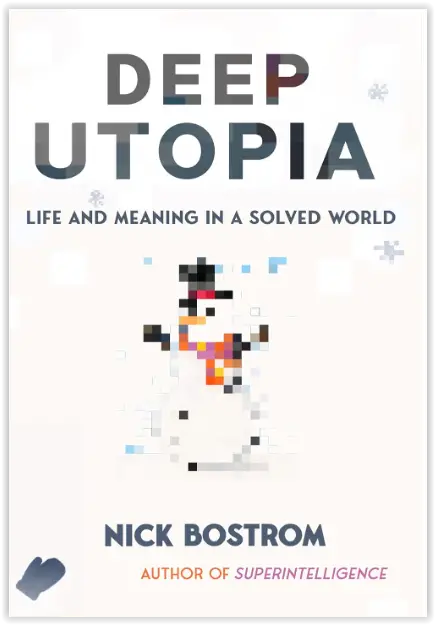The brink of a technological revolution introduces the concept of an AI-driven utopia, a vision expanded upon by Oxford philosopher Nick Bostrom in his latest book, “Deep Utopia“. He envisions a future where artificial intelligence not only resolves economic scarcity but also takes over traditionally human tasks, such as parenting. This prompts a critical question: what role will humans play when AI solves our most pressing problems?

Beyond Economic Scarcity
Bostrom introduces the idea of a “post-scarcity” utopia. Here, the need for human labor diminishes significantly, reminiscent of the shorter workweeks predicted by economist John Maynard Keynes nearly a century ago. Though we haven’t fully realized Keynes’ vision of a 15-hour workweek, advancements have notably reduced work hours. In this envisioned future, enhanced technology could unlock unprecedented experiences, extending far beyond current human capabilities.
The Constraints of Abundance
Despite the vast economic potential, Bostrom points out that physical resources, like land, remain limited. Space exploration could expand available territory but not infinitely. Thus, wealth could increase dramatically, yet much might be consumed by the pursuit of positional goods—luxury items that signify status and remain inherently scarce.
Enduring Competition
Bostrom suggests that while some competition is merely a lack of coordination, other forms, like sports, possess intrinsic value and are likely to continue. The growth of e-sports, where AI has outpaced human competitors, highlights the persistent appeal of such challenges, with the industry projected to expand significantly.
Redefining Human Roles
Can AI surpass humans in roles as intimate as parenting? Bostrom’s “post-instrumental” scenario suggests so, raising ethical and psychological concerns about human relevance in such a future.
The Search for Meaning
This leads to what Bostrom terms the “paradox of progress”: technological advancements meant to enhance life might undermine human purpose. Historical insights and biblical references warn of the dangers of idleness. However, humans might seek meaning through new challenges, such as colonizing space, or engage more deeply in creative and recreational activities that maintain their appeal regardless of AI’s role.
Conclusion
As AI evolves, it will redefine our future, forcing us to reconsider our values and roles. Bostrom’s exploration not only forecasts possible futures but also prompts reflection on our current societal choices.